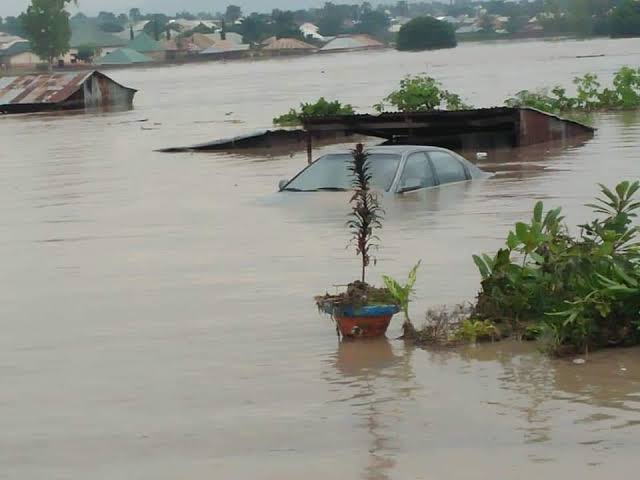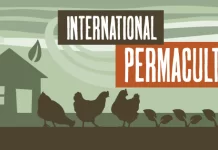One of the major impacts of global climate change is flooding, this seasonal occurrence has been predicted by the Nigerian Meteorological Agency (NIMET) and the Nigerian Hydrological Services Agency (NIHSA) Annual Flood Outlook stating that about 178 Local Government Areas across 32 states and the Federal Capital Territory are at high risk of flooding, conceivably worse repetition of the 2022 flooding.
As a result, early warnings have been issued by the National Emergency Management Agency (NEMA) on expected pervasive flooding across many states in Nigeria. These early warnings are targeted primarily at vulnerable communities with the potential of being displaced as a result of the impending floods to make contingency plans.
These predictions, therefore, make it more than necessary to carry out climate change mitigation and adaptation strategies for better preparedness for upcoming floods.
The devastating 2022 floods claimed a total of 662 lives while 3,174 were injured and a total of 2,430,445 were displaced as revealed by the Director General of NEMA, Mustapha Habib Ahmed. Going on this data, the anticipated floods of 2023 hold very grim prospects for food security in Nigeria.
Nigeria ranks 103 out of 121 countries in the Global Hunger Index, the World Bank and the National Bureau of Statistics have respectively ranked 133 million Nigerians which is 63% of the population as being poverty ravaged and surviving on less than 2 dollars per day. Nigeria has also sadly been ranked by the United Nations Development Program (UNDP) as one of the most climate-vulnerable countries in the world.
Flooding is known to induce land degradation, land use change, and water pollution, unfortunately, 30 out of 36 States impacted by the 2022 flooding are yet to engage in damaged land remediation and restoration. These States include Delta, Rivers, Cross River, and Adamawa just to mention a few.
NEMA’s early warning of flooding and evacuation of occupants of flood-prone communities as a precaution against getting submerged can lead to the risk of food production being disrupted in places like Kogi, Ogun, and Benue among others.
Cyclical displacement of people and farmers often affects food availability and accessibility and the adverse effects of this fractured food supply are already being felt as the post-2022 flooding estimates, food prices have skyrocketed by a whopping 23.34% according to the National Bureau of Statistics.
These grim statistics call for urgent action on the part of the government to implement nature-based solutions to combat floodings such as restoring wetlands, removal of property and population from floodplains, implementing reforestation programs, and desilting drains and water bodies. In order the mitigate the devastating impacts of upcoming floods





















